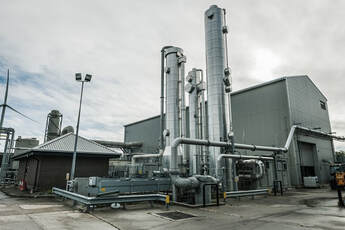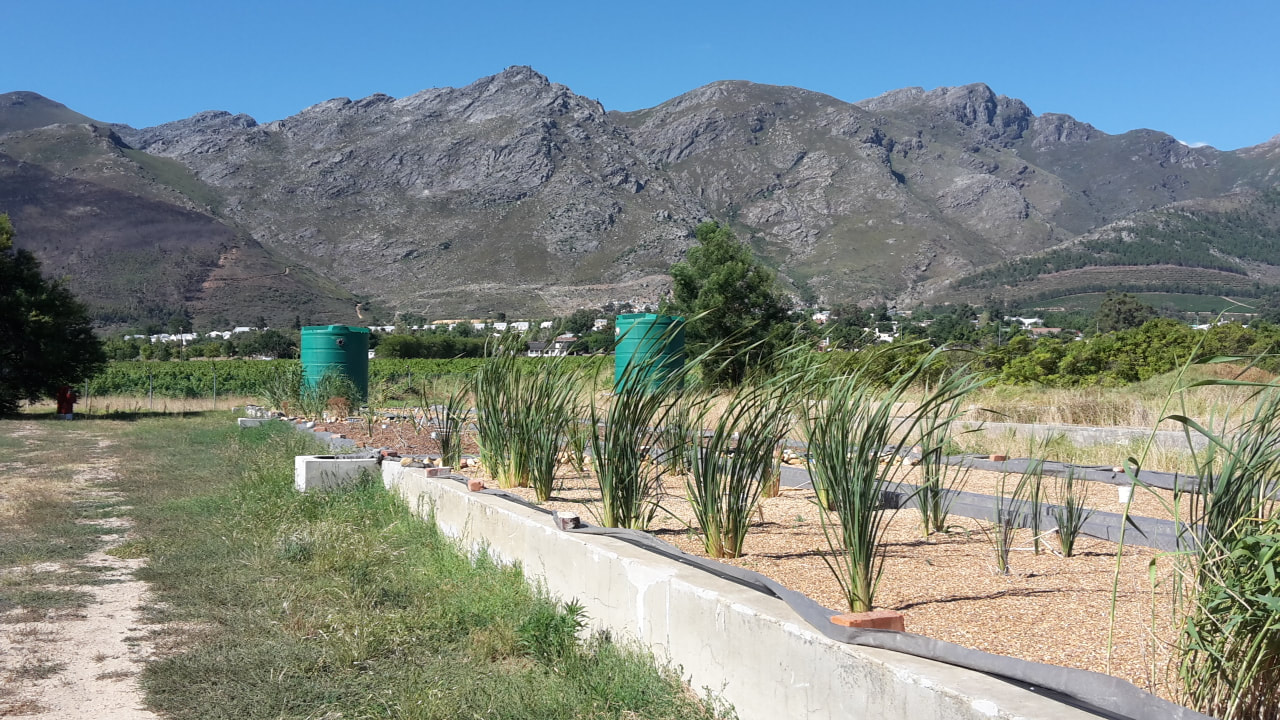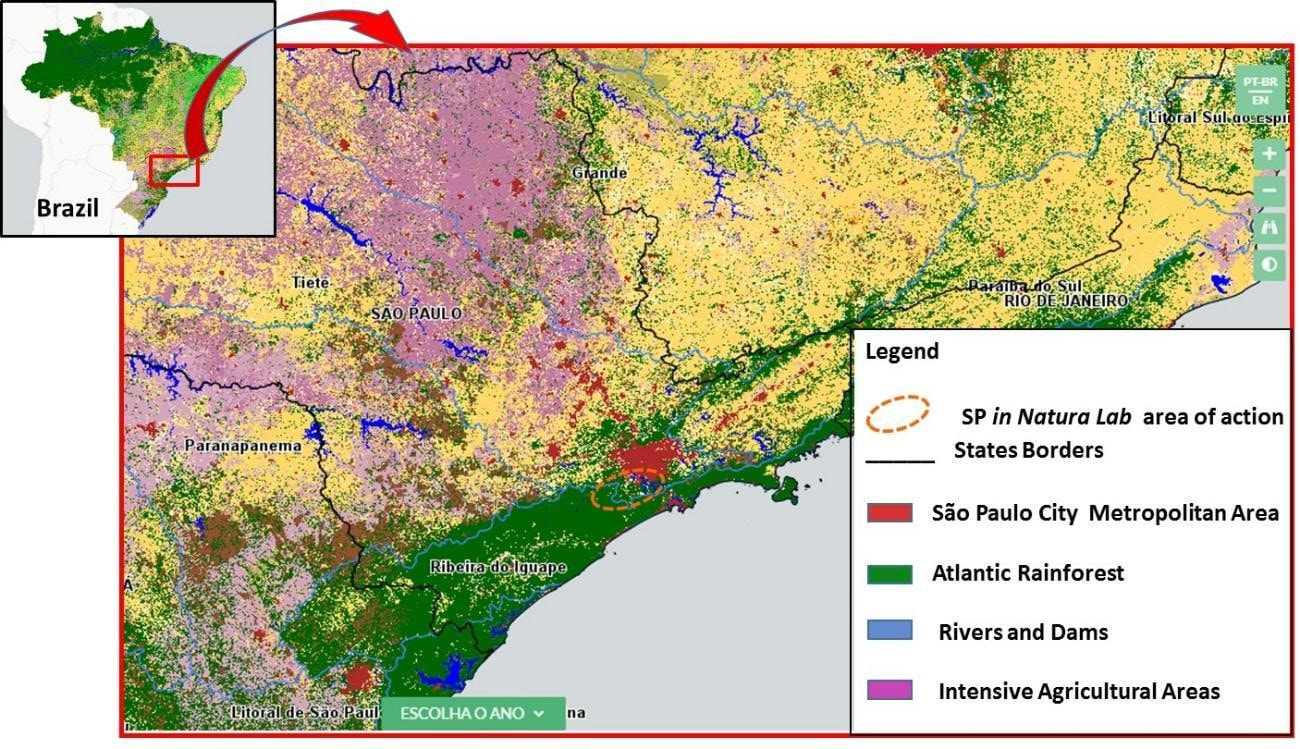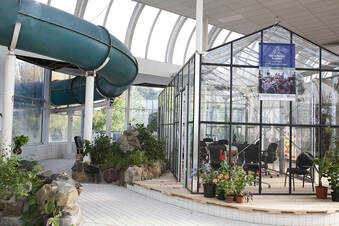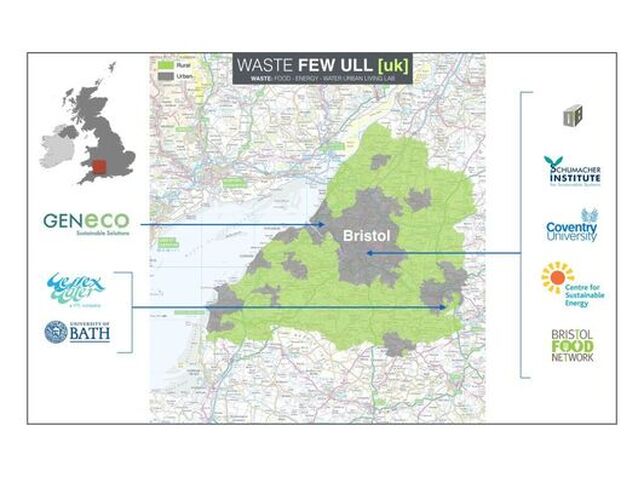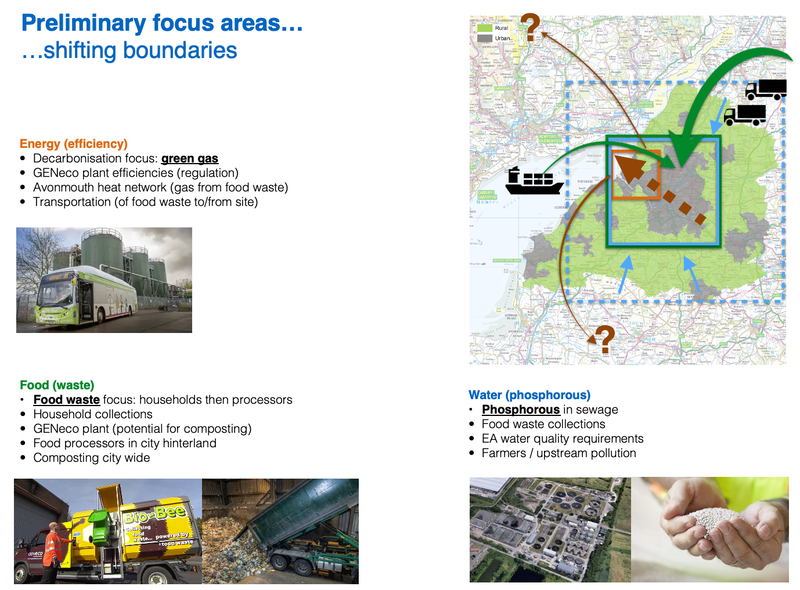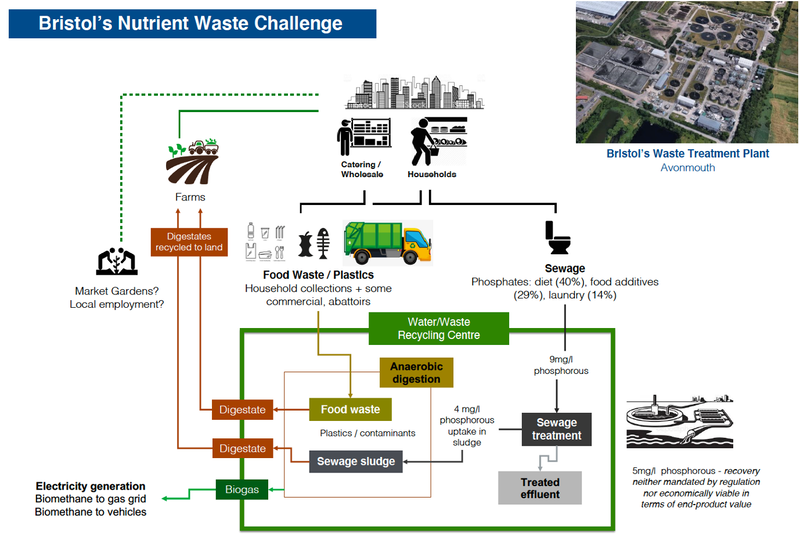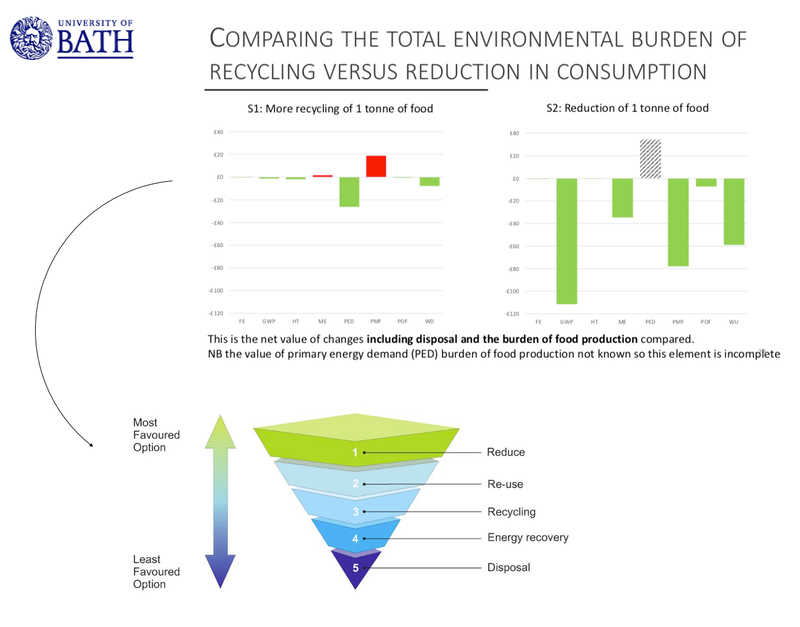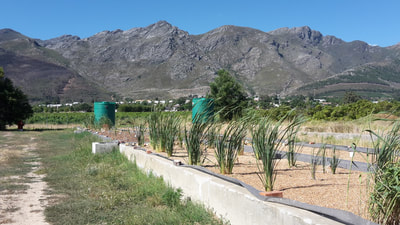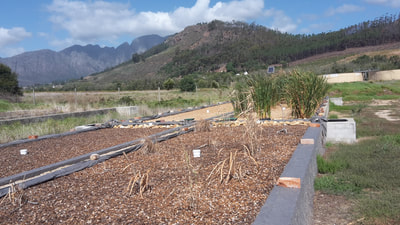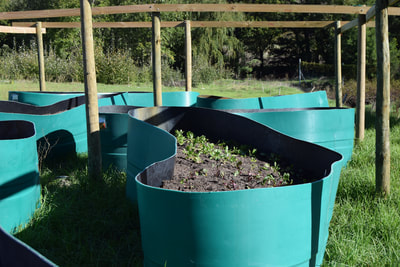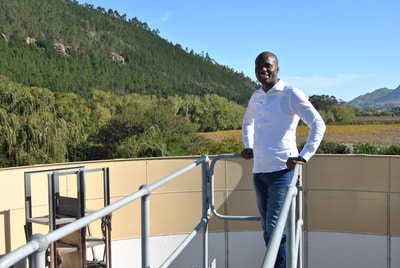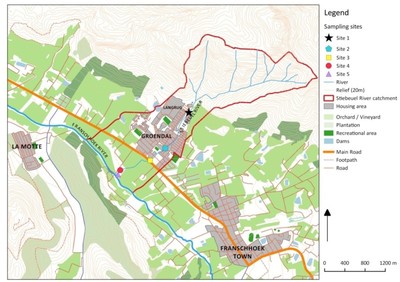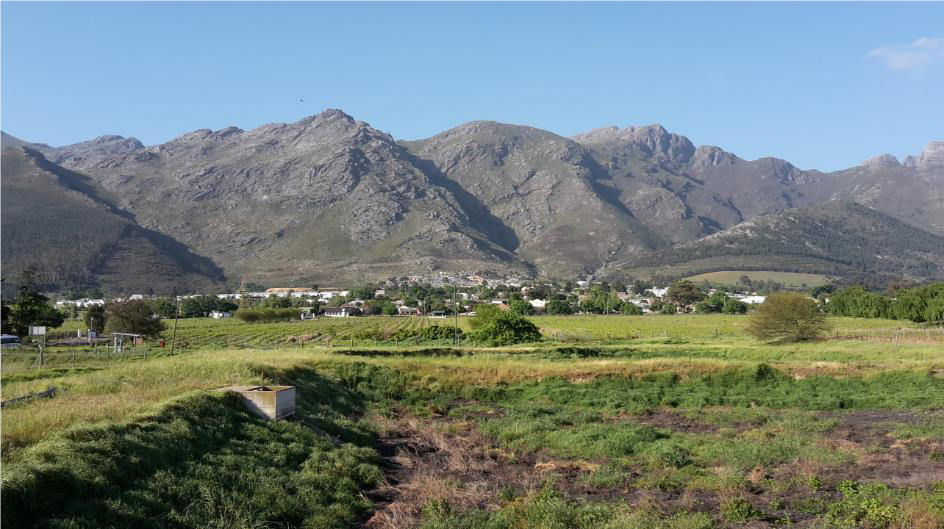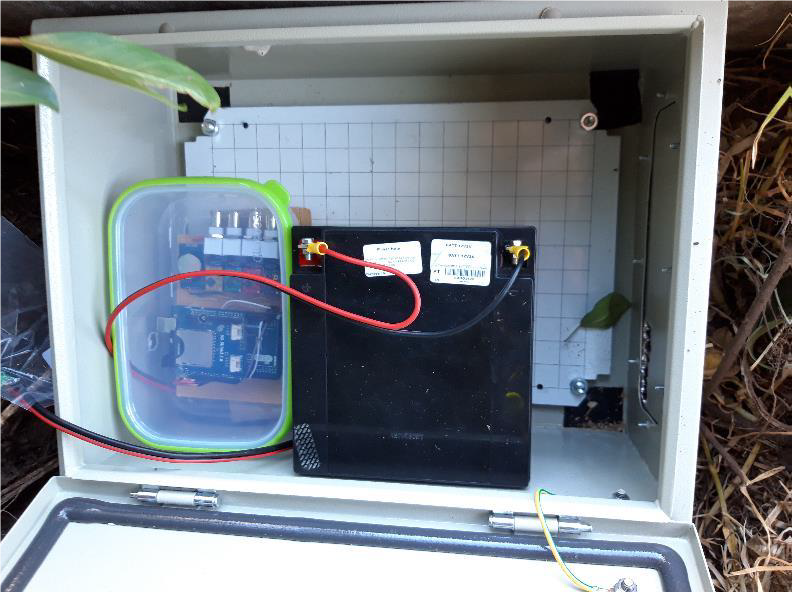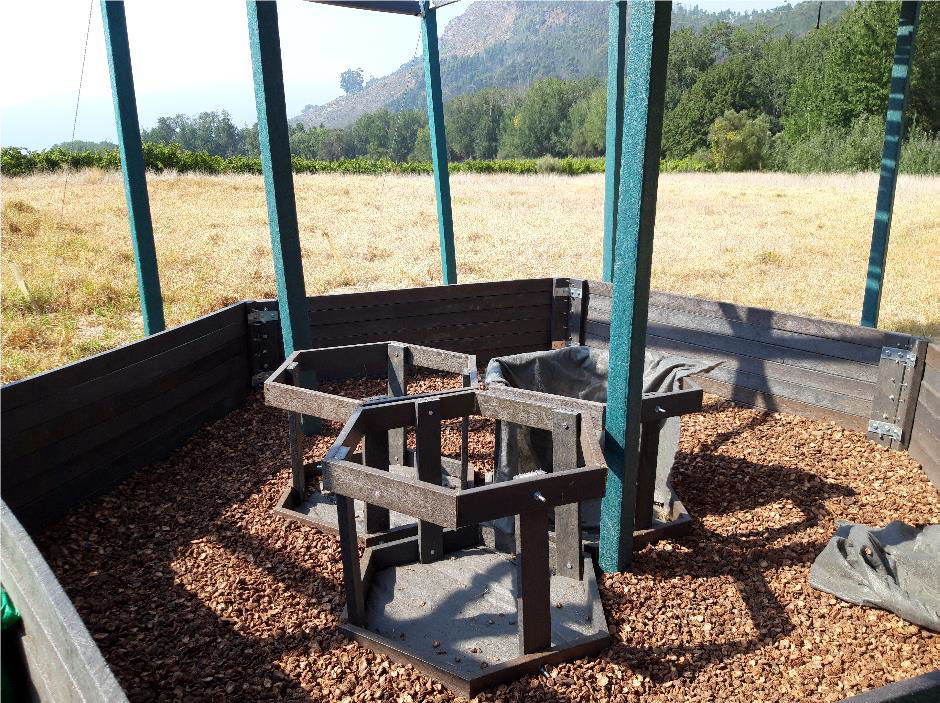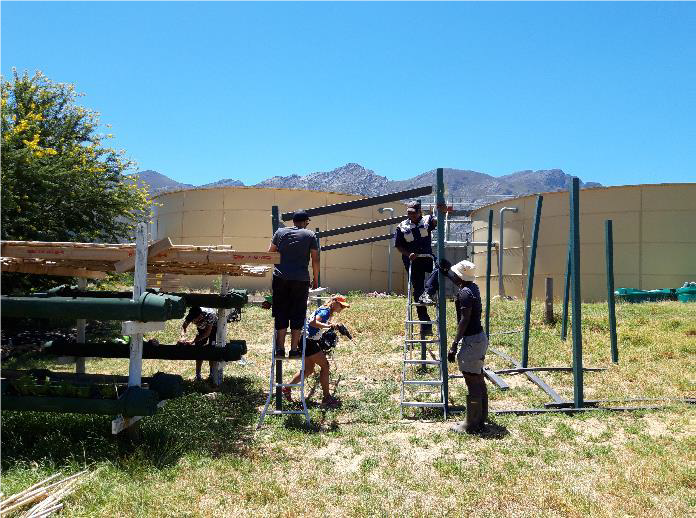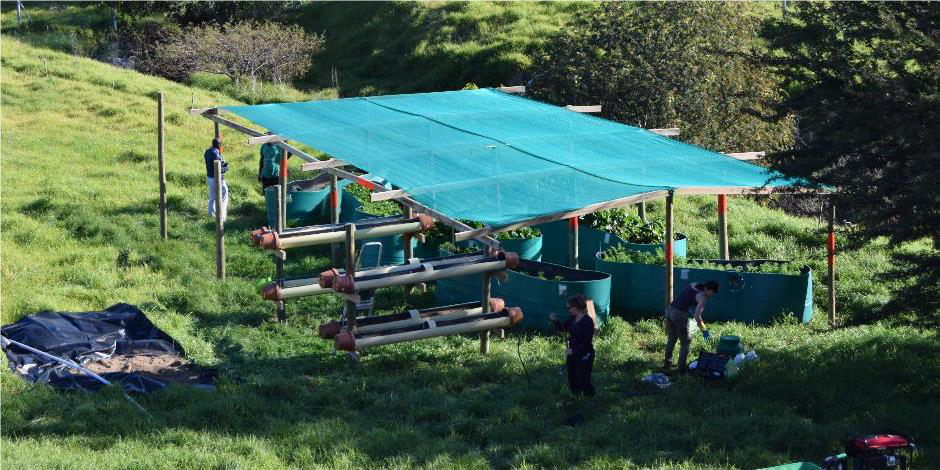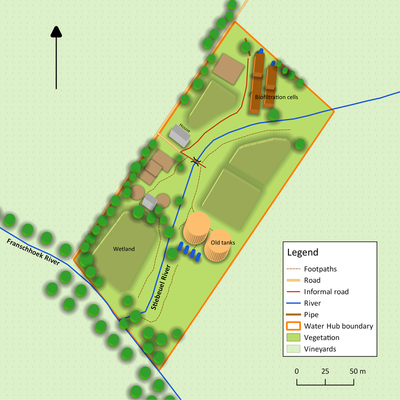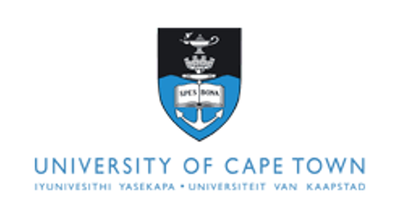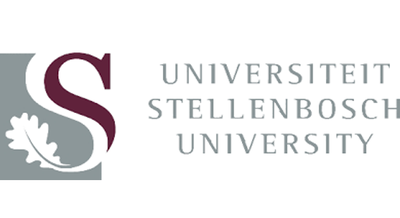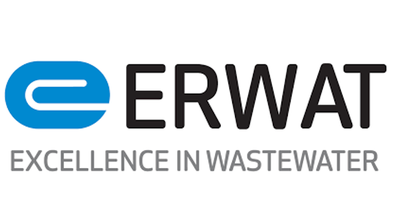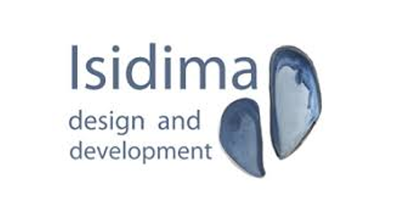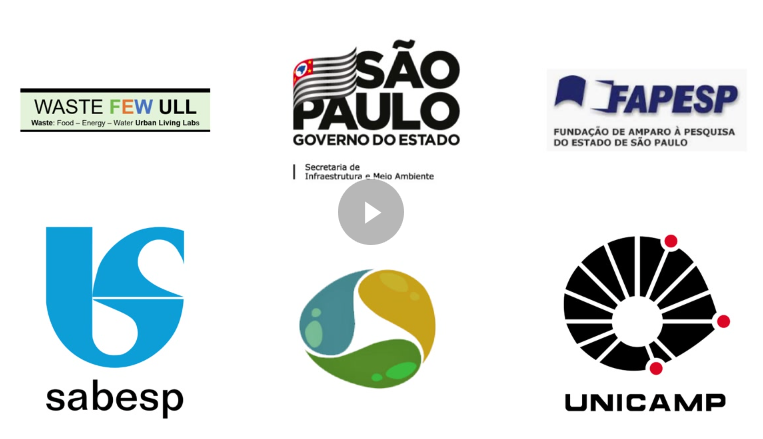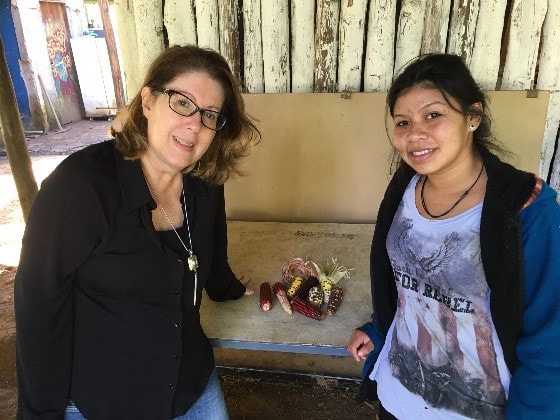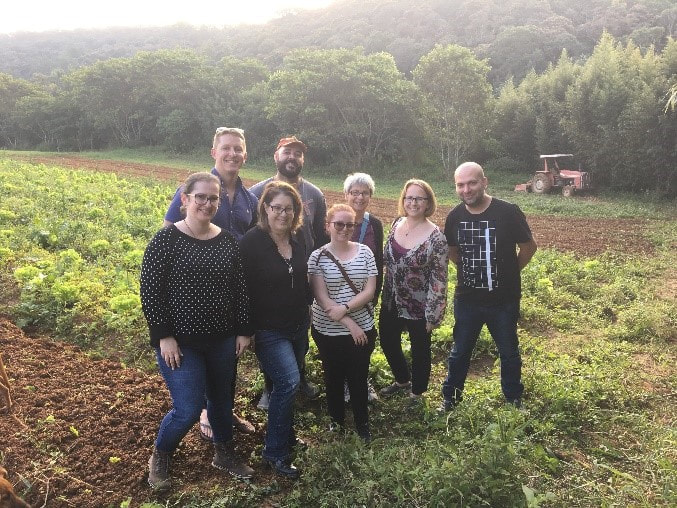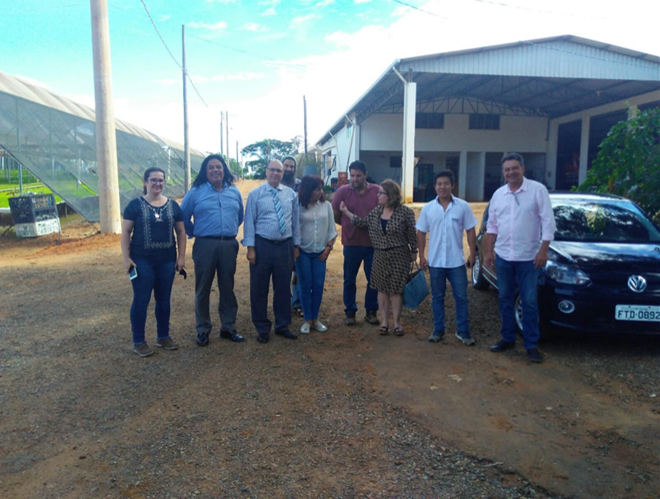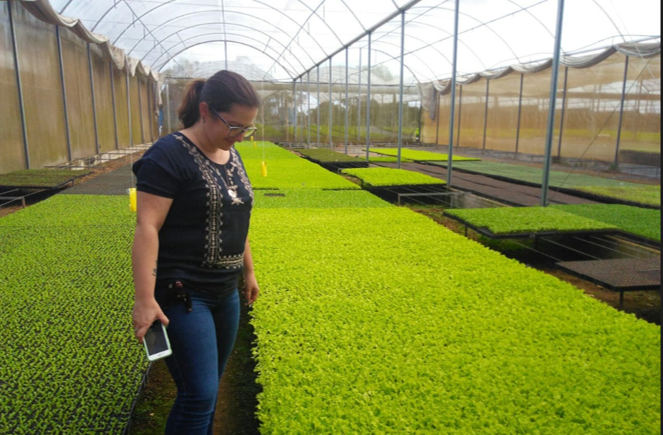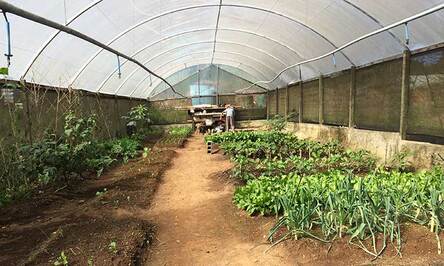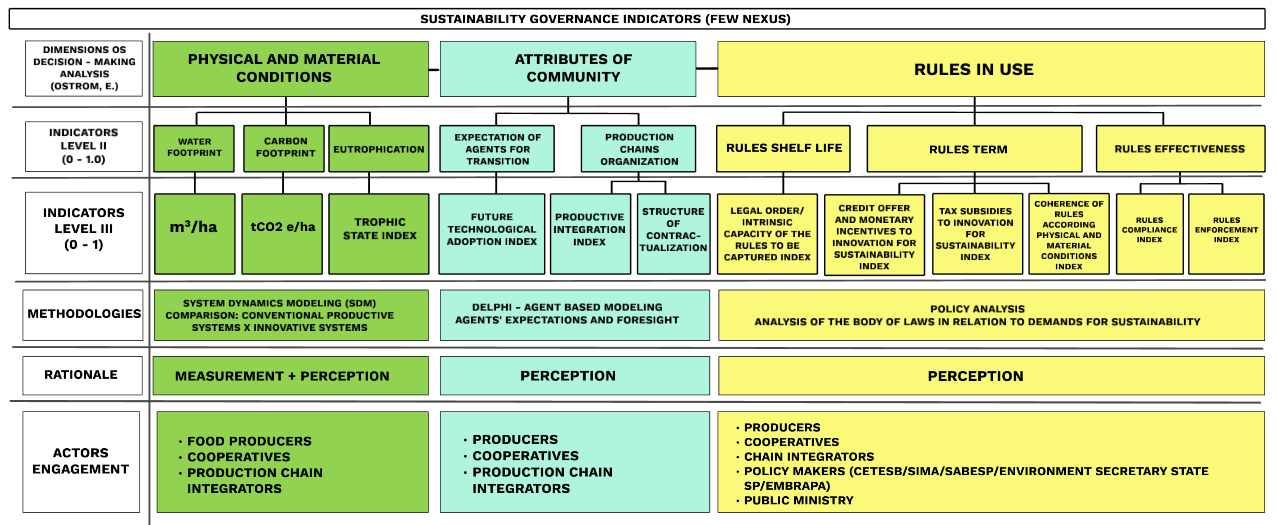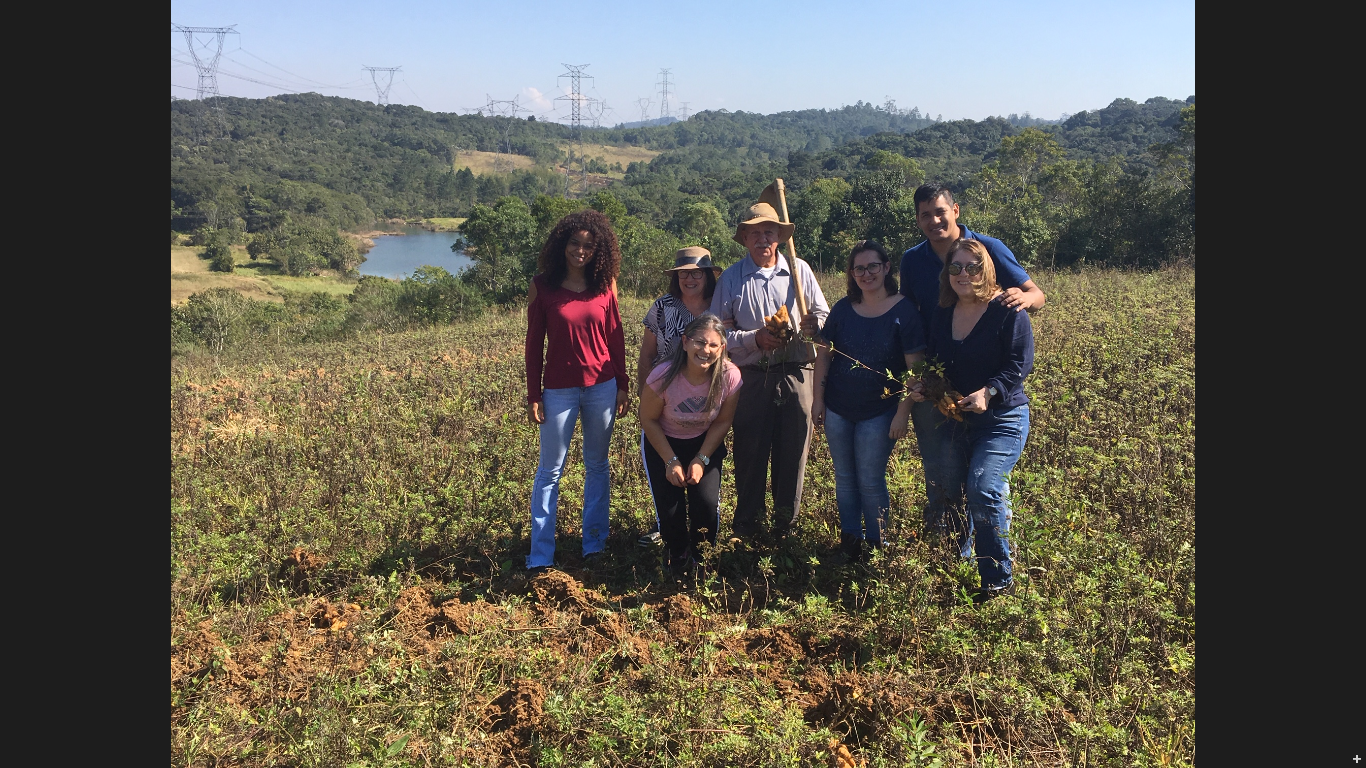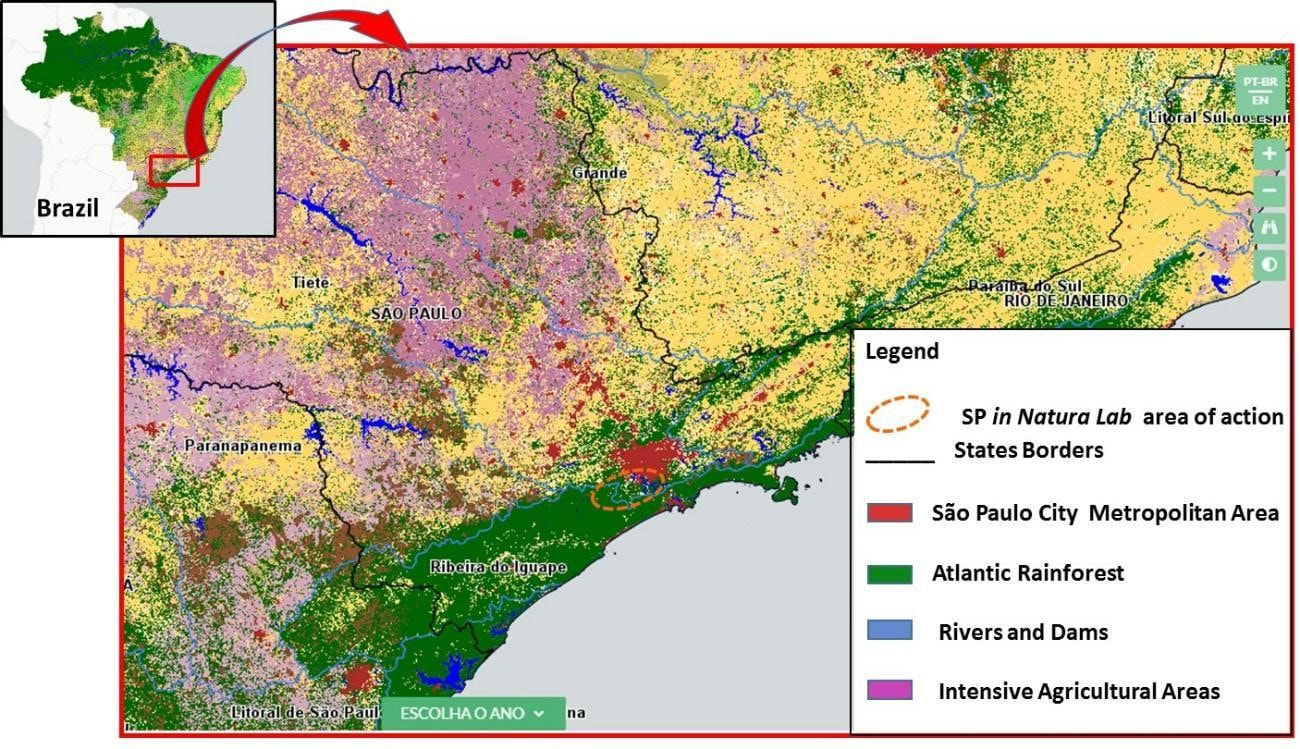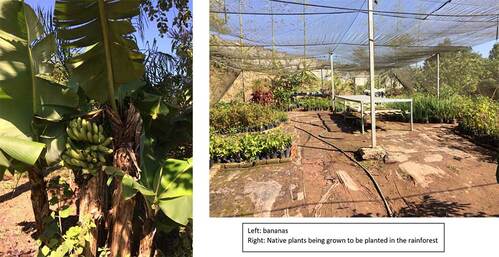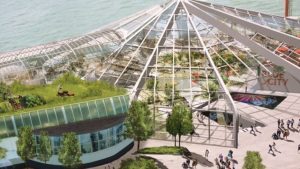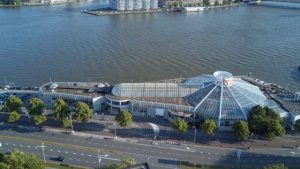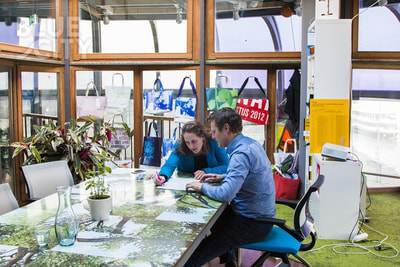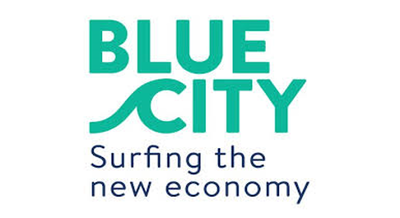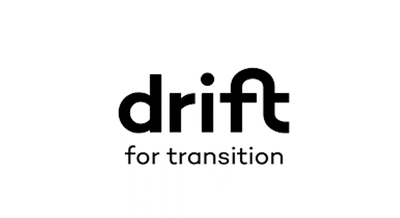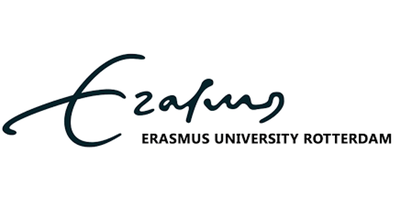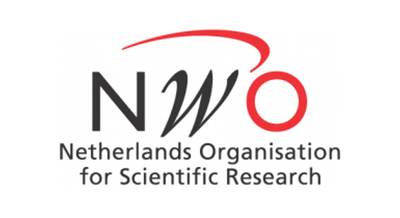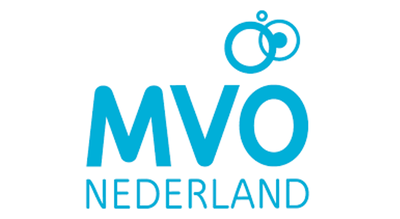Research > Waste | Food-Energy-Water Systems > Urban Living Labs
Bristol |
Western Cape |
Sao Paolo |
Rotterdam |
Bristol, UK - Nutrient Recovery
ProblemAll of Bristol's (pop.500,000) sewage and most of its food waste flows through a low lying site to the northwest of the city, near the Bristol Channel. The majority of these nutrients are either lost to sea or become unavailable through chemical binding or plastic contamination.
Proposed ResearchOur Urban Living Lab used participatory action research and multiple forms of economic valuation to re-value these waste streams as resources. To do this, we worked closely with:
As the project developmed, we were joined by:
The Bristol ULL was led by Daniel Black + Associates (db+a) working alongside The Schumacher Institute with specialist research expertise provided by Universities of Coventry, Reading and Bath, macroeconomists from CICERO in Norway, and biochemist/communicator from USA (Santa Cruz). |
|
Western Cape, South Africa - 'The Water Hub'
|
The Water Hub, situated in Franschhoek in the Western Cape, South Africa, is a new research and innovation center where large scale experiments aim at understanding the potential to use nature-based processes in treating contaminated surface water runoff flowing from a nearby informal settlement. The ULL is a demonstration, research and innovation site that uses nature-based solutions to treat contaminated runoff from an informal settlement, and to use this water to safely irrigate vegetables and also to generate energy from microbial activity during the treatment process. The focus is on opportunities for scaling the distribution of the small-scale interventions currently being tested there including:
Academic leads:
Additional InformationSurface water drainage systems in informal settlements typically comprise unplanned, makeshift channels that are located in close proximity to high density housing structures and a public health risk and results in the degradation of receiving waters and environment. Progress in addressing the problem in South Africa and across the African continent has been negligible and extremely slow at best. Meanwhile the loss of valuable resources and irreparable damage is largely ignored. In a bid to solve the problem, local and national authorities apply costly, energy inefficient, conventional engineering designs and infrastructure.
The site is located approximately 80km north of Cape Town in a deprived peri-urban area in the Western Cape. Water availability and quality are the main drivers because of the location in a water scarce region, but also because water quality is severely contaminated from daily activities in an underserviced informal settlement situated a short distance from the Water Hub. It will operate entirely off the energy grid: all energy required in performing tasks such as pumping and treating water, and growing food, will be entirely reliant on solar energy. Energy demand and flow determines the capacity to treat a volume of water and will be integral to the management of food production in time. Other resource recovery projects include: the extraction of nutrients from stormwater; the use of algae as resource; the constructive use of treated faecal sludge as an alternate material for productive use elsewhere. Land ownership is of particular interest in the Cape Town ULL where informal settlements figure strongly, and where the lack of land tenure is a complicating factor. South African partners will be looking to the other. Nature-based processes and solutions may offer an alternative approach, but it is conceded that scientific knowledge about the use of green infrastructure is limited. The starting nucleus of the Hub is a partnership with ERWAT, which provides wastewater conveyance and treatment to some 2000 industries and more than 3.5 million people, and engineering consultancy, Isidima, and the University of Stellenbosch’s Centre for Complex Systems. A series of six large biofiltration cells, each filled with different natural media including carbon sources, are used to polish and treat approximately 5000 litres of contaminated water per day and are removing as much as 75% of contaminants including bacteria, nitrogen and phosphate. The research aims to determine optimal retention time, volume and flow in each cell, and to re-use treated water for irrigating edible crops. In addition, energy in microbial fuel cells is used to power a small light source and recharging batteries of monitoring instruments. The findings already suggest that the performance of nature-based solutions is underestimated. New discoveries are showing how nature-based solutions are capable of treating a reasonably large volume of water; that treated water without the addition of chemicals is safe for irrigating edible crops; and that nature-based treatment processes offer a renewable source of energy. This Urban Living Lab aims to advance research and understanding of nature-based treatment and resource recovery systems including constraints, challenges, and economic costs and benefits. |
|
Sao Paolo, Brazil - the 'In Natura' Lab
|
The São Paulo (SP) in Natura Lab, in the city of São Paulo, Brazil, is an initiative within the scope of processes associated with urban sustainability and the transition to sustainable food systems (SFS). As an Urban Living Laboratory, its objectives are to map, understand, propose and address policy solutions supporting the FEW Nexus transition, aiming for technological and organizational innovations.
The dominant approach towards transition is technological, social and organizational innovation for sustainability. SP in Natura Lab is, in this context, an innovation-driven initiative. The interaction between new, sustainable and innovative solutions for food production, concerning water and energy nexus is deeply dependent on multiple actors – producers, stakeholders, policy makers, production agencies, etc – as well as on public policies, able to promote and facilitate innovative solutions. Higher household income or enterprises´ revenues for producers, less waste and environmental sustainability are essential factors of success. The Lab is located in the São Paulo metropolitan area, an agglomeration with a total population of ca. 20 million people living at the border of the Atlantic Rainforest. Academic Leads:
Additional InformationThe Atlantic Rainforest has currently 12% of its original area; the preservation of such a biodiversity pool – richer than the Amazonian region - demands an integrated set of policies and public initiatives. How can we foster and develop urban food production as a powerful tool to preserve native forests? Clearly, social and economic development, as well as the environmental dimension, are essential parameters to be taken into account.
A profitable innovation process has shown to be the generation of accountability from stakeholders involved in new processes associated with FEW Nexus. Trust in public policies, and collective constructions of a desirable future – in which higher family revenues are linked to lower levels of food, water and energy waste – can be seen as a challenge for SFS. The SP in Natura Lab is expected to be a complex public choice case, involving FEW adaptive processes with higher levels of SFS and rainforest preservation. Public choice theory considers that humans can make conscious choices as individuals or as members of collaborative groups, and that these individual and collective choices can, at least potentially, make a significant difference in outcomes. |
|
Rotterdam, Netherlands - the 'BlueCityLab'
|
The BlueCityLab is an innovation platform, providing spaces for co-creation and co-working, events, meetings, lectures, hackathons and space for experimentation including a laboratory for facilitating trials and demonstration projects for successful business models.
The Dutch ULL was based on a PhD Studentship, Rachel Greer, who aimed to test the potential for accelerating circular models for city or region-wide uptake using a generic method: "Acceleration Potential Mapping" (APM). APM includes actor networks and system analysis at local and regional scales, scenario building, and backcasting, delivering a stepwise procedure identifying acceleration potential and diffusion pathways. It entails building linkages to other innovative practices, from circular economy companies in Rotterdam harbour, to (peri-) urban farming initiatives: e.g. Nutrients, Energy and Water Management project and with larger existing businesses: e.g. energy companies Eneco and Engie, and water utility Evides. A framework to integrate the analysis of material flows, closed-loop commodity models and assessment of their diffusion potential does not exist. Academic leads:
|
|

